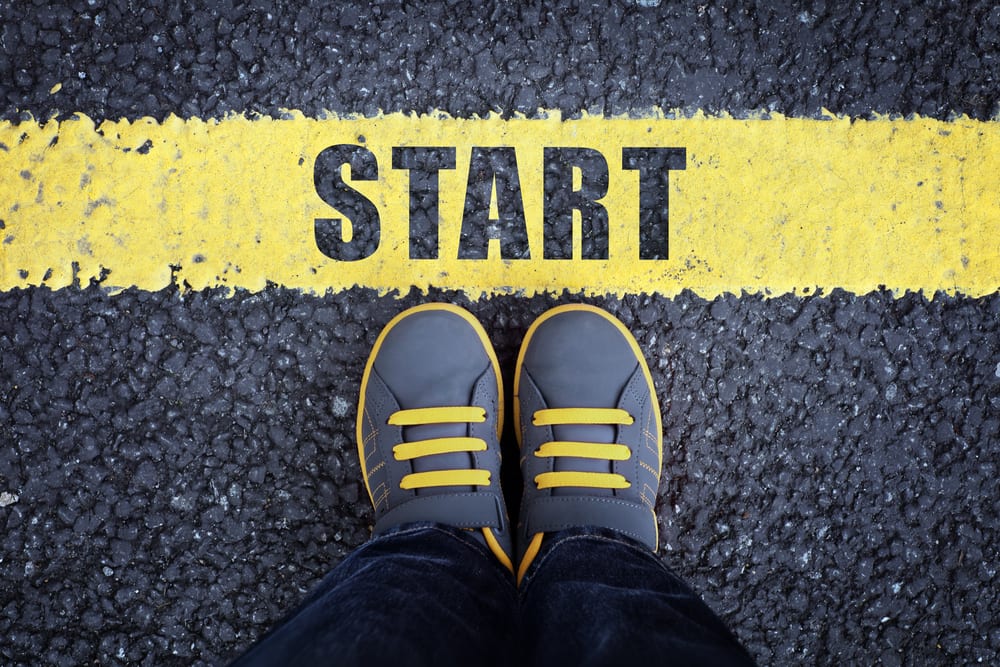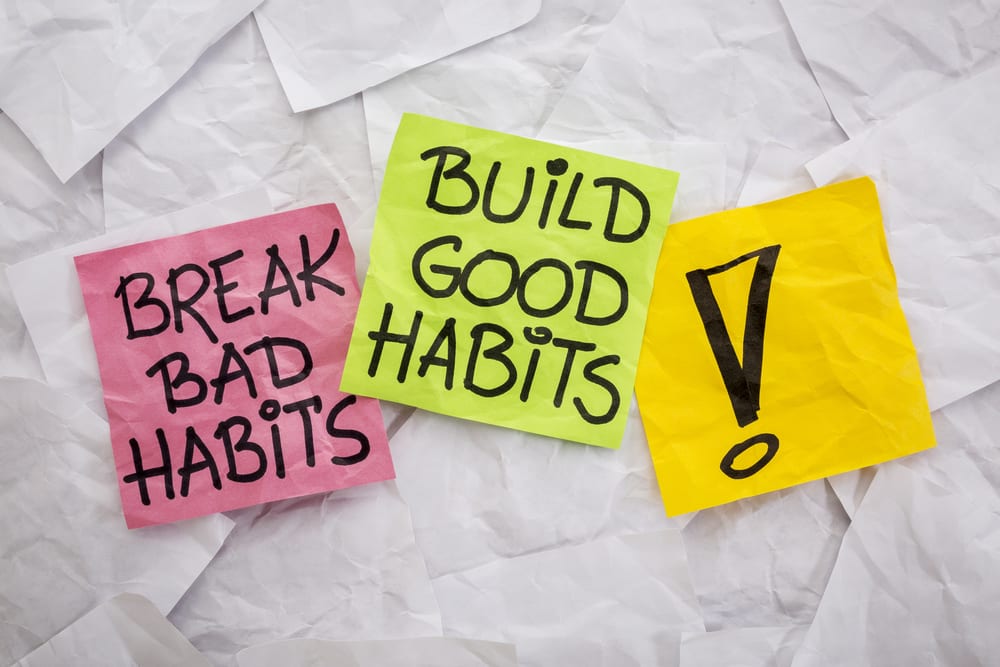Zen habits are simple, fundamental and modest lifestyle habits that are implicitly capable of fanatically revamping the efficacy of our minds and the prospect of our life. We can smoothly assimilate these habits into our daily generic routines to keep our minds trenchant, keen, efficient and potent for the years to come.
Leo Babauta, a candor and austere blogger and author prompted the Zen habits. The reason for the incipience of these habits was to chronicle and share his series of experiences of learning while altering his numerous habits. Encompassing habits like:
- Chuck smoking.
- He became a runner and ran several marathons and a 50-mile ultra marathon.
- He began waking up early in the morning.
- He himself became organized and productive.
- He altered his eating habits and started consuming healthier food.
- He became a vegan.
- Eliminated all his debts.
- Lost weight (about 70 pounds).
- Started a successful blog.
In a way Leo Babauta, started leading a simplified life by devising and embedding Zen habits into it. He believed in what Rob Gilbert rightly said:
“First we form habits,
then they form us.”
It was his acceptance that by ensuing Zen Buddhism for changing habits, you subsist a more contented and gratified life, procrastinate less and inspire others. It was his staunch belief that Zen Buddhism principles help bring in peace and tranquility by preparing and grooming you for any possible change in your life ( Basically, it helps you change your life by changing your habits). Zen habits conform to simple and unembellished ways to increase productivity. This is analogous to what Stephen Covey covered in his book of seven habits- concentrating on what is significant and consequential and let go off things that are trivial and unimportant. This in a way was akin and allied to mastering a simplified life.
The jarring blogger and author, Leo Babauta in his book on Zen habits emphasizes on the ways of mastering the art of change. This book is abetted to help you make any necessitated modifications and variations in your life, for instance.
- Overcoming procrastination.
- Dealing with frustration and stress.
- Enrich and improve relationships.
- Simplifying and decluttering.
- Meditating and being apprehensive and cognizant.
- And much more.
This book is not admittedly about change in habits, but a book about how to function and override the process of change. This is a slender volume of compressed learning about the process of change. It also is an ‘how-to’ on how to change your habits and overcome procrastination. When you change yourself, you simultaneously change a small part of the world, there by becoming exemplars and representatives for others around you and an inspiration for future change.
Here is the list of 10 examples of Zen habits:
10. Just get started:

Leo Babauta says, “Achieving goals is not a matter of discipline. It is a matter of motivating yourself. Discipline is illusion, motivate yourself instead.”
There are times when you just feel like lazying around escaping from the tasks to be performed and completed. Instead of just thinking how difficult the task is and how far are you from your goals just move and get started. Once you start with enthusiasm you will eventually complete it with utmost satisfaction. This one of the important stated examples of Zen habits.
9. Simplify your lifestyle:

This is perhaps one of the most important in-corporations for Zen habits. You have to become less dependent on money and other luxurious commodities in order to accommodate with a simplified way of living your life. You need to give up habits that are attractive but wrong at the same time and adapt yourself to the changes and alterations accompanying with your new habits.
8. Live with a purpose:

When you have the gift of life, you should be grateful for the blessing and have a purpose to brimmingly live it. When you give up the palatial life, it does not imply that it is the point of termination. You have to then purport your life with deeds of humanity and good work. Every person should live with an objective and purpose in life.
7. Be a positive force:

Once you start dealing with the Zen habits you are anticipated to be a positive force for other people around you. In a way you give up pessimism and keep moving ahead towards sanguinity. You have to exhibit kindness to improve your own life and the life of other people around you. This feature includes everything along with communicating politely with people irrespective of their characteristics.
6. Give it time, be patient:

You have to be patient with the new habits you adapt. Give time, things will definitely fall in place. I know, it is easier said than done. But, the problem with us is we expect the quickest results. If we don’t get the adequate upshot we tend to give up. But, hey! that’s not the end…Be patient… all will be well.
5. Happiness tip- Smile at a stranger:

Smile is a precious and expensive jewel, it does not cost anything though. Your smile indeed can make other people smile. You can glare at a stranger’s eyes and give a perfect smile, and trust me you will have a bigger smile than the other person because you feel good about your sober deed . This is a simple adaptable zen habit.
4. Pretend, you are who you want to be:

Zen habits often simplify your life and this tip is one of a kind. We become happy with who we are, but we urge for certain change in habits in order to reach our goals. You can think of the goal you want to achieve, and then imagine yourself as an individual who has already achieved that goal. This intensifies the possibility of achieving your goal and consequentially makes you a better and happier person.
3. The art of doing nothing:

We all know how to do nothing. But, doing nothing is an absolute waste of time. we need to start from the scratch, move towards betterment and then eventually we work wonders. It is the art of doing nothing that makes you do big things. All we need to do is to pull up our socks and move on with great determination without following the art of doing nothing. we need to have the urge to follow our dreams, face and fight the difficulties that intervenes. This is not facile, but makes your life simpler once you fight away all odds.
2. Turn bad habits into good habits:

This is not an easy task to do, as simple as it seems. This is a kind of moral science lesson, that, you should give up the bad habits and turn your face towards the good. Zen habits emphasizes on changing your faulty habits and adapting the suitable ones. This undoubtedly reduces complexities in the life of an individual. Indeed, makeing you a better person and thus simplifying your life to much an extent.
1. Honesty is the best policy- stay true to yourself:

Honesty undoubtedly makes you an improved and better person. You can identify your flaws if and only if you remain honest to your own self. You know what changes can change your life and on the whole transforms you into transcending human beings.
Different things work for different people. The key is finding a better way to satisfy your desires, you used to satisfy your precedent habits.

